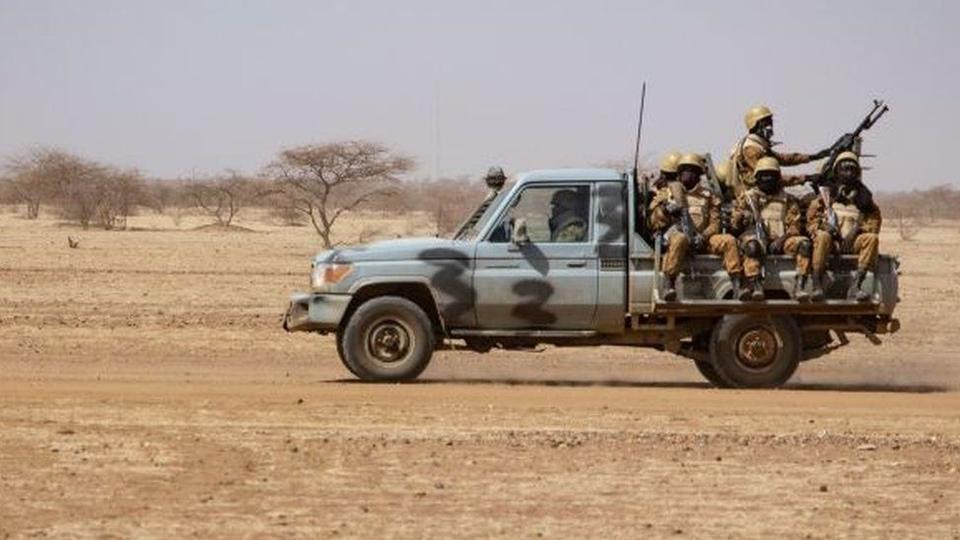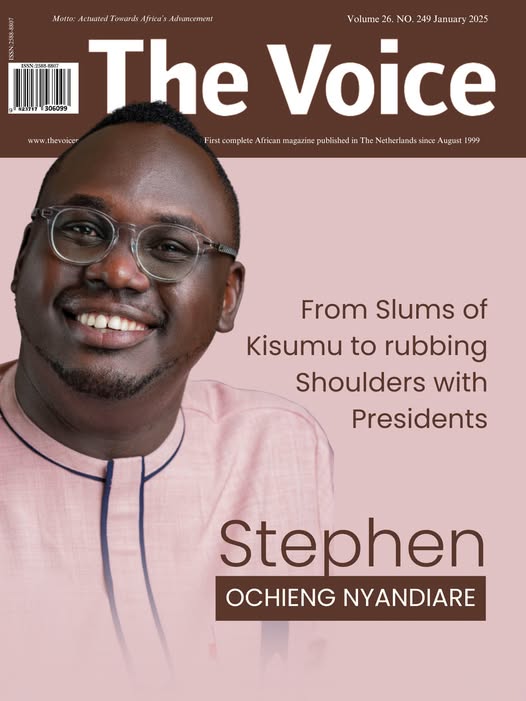Jihadists Panels set up in Burkina Faso for dialogue

Burkina Faso’s junta leader has announced the setting up of local committees to seek dialogue with armed jihadist groups and help restore peace.
Lieutenant-Colonel Paul-Henri Sandaogo Damiba, who seized power on January 24, addressed the Sahel nation late Friday saying the move was intended “to create conditions for the total commitment of all around the key factor which is to recover our territorial integrity”.
“I have decided to set up local committees for dialogue and the restoration of peace,” he said.
The committees would “make approaches to the members of groups who are no longer in contact with the nation.”
They would also be tasked with “building bridges for those who … have been drawn into a spiral of extremism.”
Damiba also announced a ban on civilians living or working in specific “military operational zones” and restrictions on protests likely to disturb public order or require policing by large numbers of security forces.
The 41-year-old staged the coup after mutinies in several army barracks, overthrowing President Roch Marc Kabore who was accused of ineffectiveness in the face of jihadist violence plaguing the country.
But the junta is now facing a resurgence of the violence which has seen more than 60 civilians and soldiers killed in the north towards the end of March.
In his address Damiba said: “The surge of terrorist attacks recently can not and must not be interpreted as a sign of inaction or inefficiency from what we are deploying on the ground.”
A transitional assembly took office in the capital Ouagadougou on March 22 following the adoption at the start of the month of a Transition Charter, drawn up between the ruling junta, political parties, unions and civil society organisations.
The Charter provides for a period of three years before elections are held, with Damiba barred from running.
The coup was widely condemned and a delegation from the West African regional bloc ECOWAS was due in the capital on Saturday with elections and release of the former president from house arrest expected to be on the agenda.
After gripping Mali and Niger, the violence has since 2015 claimed some 2,000 lives and displaced more than 1.7 million people in Burkina over the past seven years.





